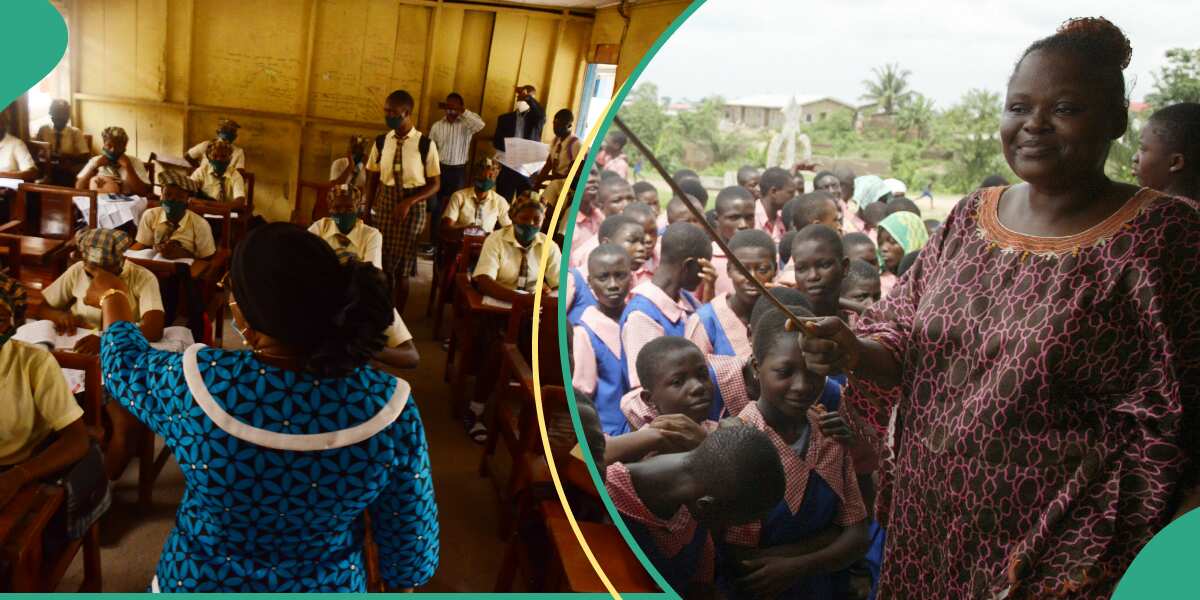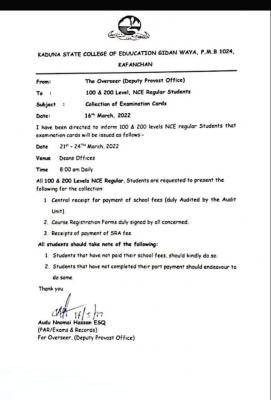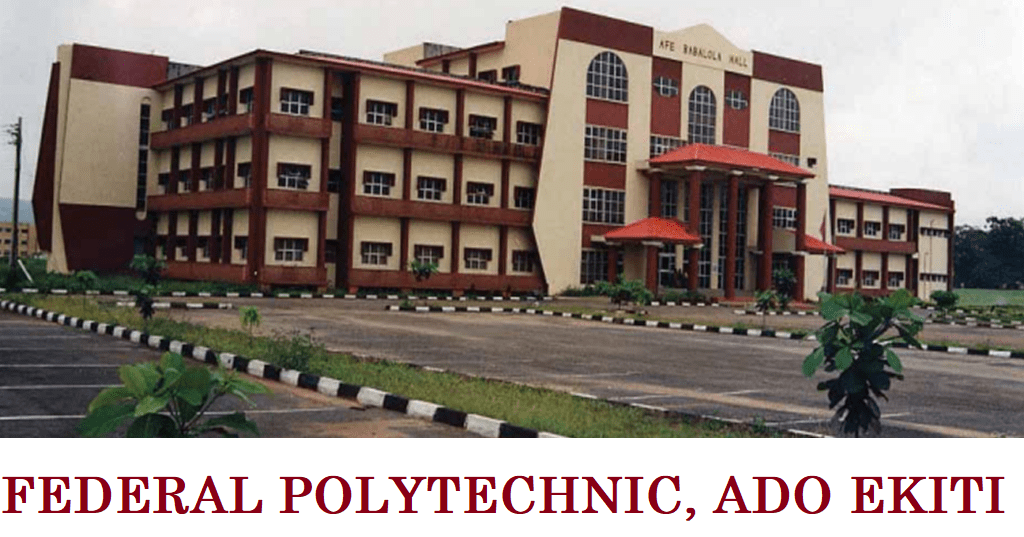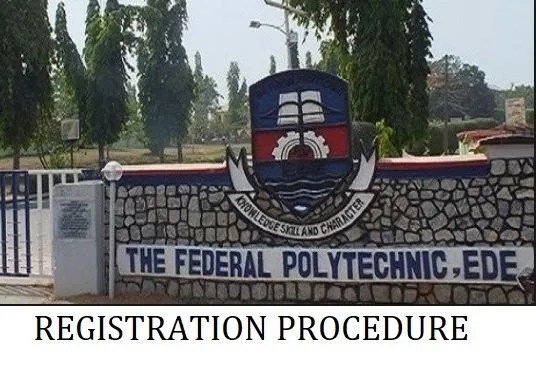
- Experts in education and the development sector have given their opinions on why children can't read and solve simple math in Nigeria
- This is on the heels of the assertion made by the Enugu State Government's Secretary, Prof. Chidiebere Onyia, who claimed that 50% of children in the region cannot read or solve math
- Legit.ng had a chat with a Nigerian-American lecturer and a major stakeholder in the developmental sector
FCT, Abuja - A fresh conversation ensued recently when the Enugu State Government's Secretary, Prof. Chidiebere Onyia, raised concerns about education, revealing that approximately half of the children in the region cannot read or solve fundamental mathematical problems.
He stated this at the quadrennial convention of the Old Boys Association of Union Secondary School in Awkunanaw, Enugu, where Onyia delivered a keynote address titled "Smart Basic Education and the Future of Africa."
Prof Onyia said:
"Our findings were shocking. After six years of primary school, 50 per cent of our children cannot read a single word in English, and those who can read struggle with comprehension. 50% of our children cannot solve simple subtraction challenges."
In this report, Legit.ng reached out to an education expert with experience in the US and Nigeria and an expert in the think tank/policy institute.
Legit.ng rolled out five reasons why children can't read and solve simple math after a chat with Dr Babatunde Oyinade, who has lectured in nine universities and two colleges in the US, as well as Auwal Musa Rafsanjani, the chairman of the board of Amnesty Internation (Nigeria).
1. Pressure from parents
Dr Oyinade stated that there is usually pressure from parents in Nigeria to force children to jump into classes without going through the routine cadre of academic learning.
Making a comparison to academic learning in the US and Nigeria, Dr Oyinade said:
"Students in the United States are not pressured by government or parents to jump from one class to another.
If you're six-years-old you begin primary one, if you're 12-years-old you leave elementary school, you're 14, you leave middle school and then you're 18 you leave high school."
2. Student-teacher ratio
He stated that the student-teacher ratio in the United States is minimal, unlike in Nigeria, where there are hundreds of students in the class with few teachers to cater for them.
Dr Oyinade underscored that this has been a major issue in the Nigerian education sector and has led to the poor run of students in public schools.
He said:
"Here (Nigeria), you have too many students in the secondary and elementary school, sometimes 60, sometimes 70; it is ridiculous.
"That is why the students do not know anything because the teacher can no longer work effectively."
3. Poor Salary
He further stated that the poor teachers' salaries in public schools have dilapidated the standard of teaching.
The experienced educationist said these poorly paid teachers tend to lose passion for the job and exhibit a nonchalant attitude towards work to the detriment of students' academic excellence.
4. Unqualified teachers
Dr Oyinade also questioned the qualification of teachers who are being recruited by the government to teach in elementary school.
He said having a degree in education does not qualify one to be a teacher, noting that teaching goes beyond just having a degree.
He said:
"In US, when you have your barchelors degree, before you can be employed by any local government (because they control the schools) you have to pass their 'praxis' (a test measure the knowledge and skills needed to prepare for the classroom).
"Which means you're licensed like a lawyer, like a doctor, like an accountant. So if you pass praxis one, then you work to pass praxis two. Once you pass praxis two, every year you'll be going for developmental courses and there is no such thing here. That is why these students do not know anything."
5. Corruption
Meanwhile, Auwal Rafsanjani blamed the high rate of corruption at the top tier level as the reason behind the fall in the standard of education in Nigeria.
He stated that politicians loot taxpayers' money to fund their children's education overseas, thereby leaving the schools back home to suffer.
Rafsanjani said the creation of private schools by these public officeholders and politicians with taxpayers' money is an obstacle to the growth and development of public schools.
Why Tinubu’s N150bn scheme can’t work in Nigeria, experts reveal
Meanwhile, President Bola Ahmed Tinubu has been told to channel the N100 billion for the school feeding scheme into constructing more classrooms and employing more teachers.
The President was also urged to leave such schemes for the state and local governments to handle with just the federal government's supervision.
These were the expert opinions of some individuals in the education and developmental policy sectors.
.. Source: Legit.ng



